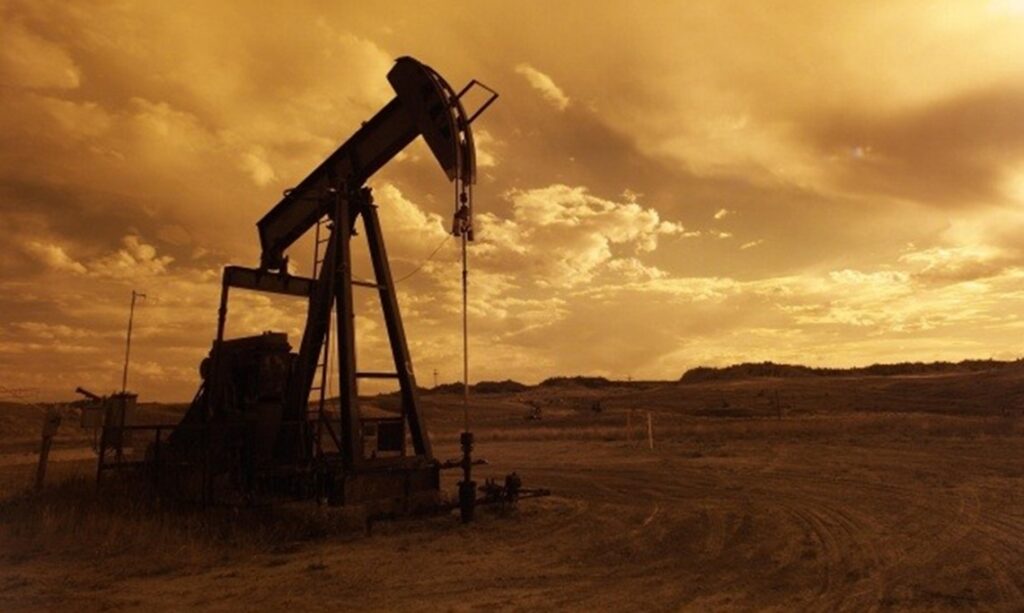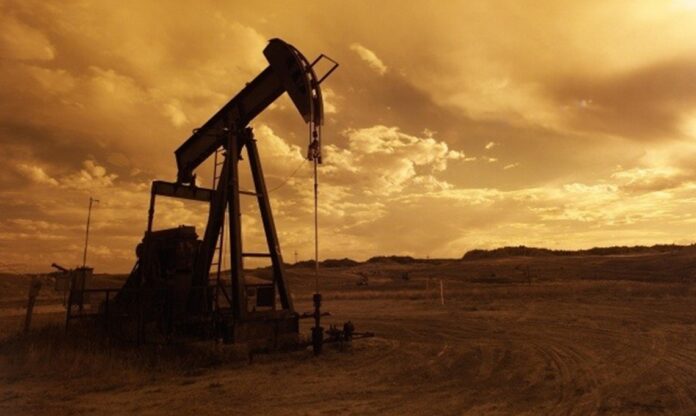
As tensions between Iran and Israel escalate, analysts warn of potential repercussions on global oil and liquefied natural gas (LNG) prices, especially if Iran blocks the crucial Strait of Hormuz. The conflict has already led to a spike in crude oil prices, hovering around USD 90 per barrel, with concerns over inflationary impacts globally.
The recent surge in tensions between Iran and Israel has raised concerns about the stability of global energy markets, particularly regarding oil and liquefied natural gas (LNG) prices. Analysts have highlighted the potential for a significant price hike if Iran takes drastic measures such as blocking the vital maritime route, the Strait of Hormuz.
The conflict escalated when Iran initiated drone and rocket attacks on Israel, prompting retaliatory measures. Crude oil prices have remained elevated around USD 90 per barrel since the conflict began, reflecting market anxieties over potential disruptions in oil supply routes.
Experts at Motilal Oswal Financial Services emphasize that while efforts to de-escalate the crisis are ongoing, any blockade of the Strait of Hormuz, even partially, could lead to a sharp increase in oil and LNG prices. The Strait, located between Oman and Iran, serves as a crucial passage for major oil-producing countries like Saudi Arabia, the UAE, Kuwait, Qatar, Iraq, and Iran itself.
According to data, approximately 21 million barrels of oil per day, constituting 21% of global oil consumption, pass through the Strait of Hormuz. Additionally, nearly 20% of global LNG trade, including significant exports from Qatar and the UAE, relies on this route.
India, heavily reliant on oil imports, particularly from Saudi Arabia, Iraq, and the UAE, faces potential disruptions in its energy supply chain if the Strait is blocked. The absence of alternative routes for LNG transport further exacerbates concerns about price volatility and supply shortages.
While alternative oil routes exist, such as the East-West pipeline for Saudi Arabia and onshore facilities for the UAE, their capacities may not fully compensate for the volume passing through the Strait. Any disruption could lead to increased freight costs and supply chain complexities.
Analysts also highlight the broader economic impacts of heightened oil prices, citing challenges for Asia-Pacific economies, including India. Rising energy costs could fuel inflation, affect production costs across sectors, and strain central bank efforts to manage monetary policies effectively.
In conclusion, the evolving Iran-Israel conflict underscores the interconnectedness of global energy markets and the potential ripple effects on economies, emphasizing the need for diplomatic efforts to mitigate risks and ensure energy stability.
Sources By Agencies



